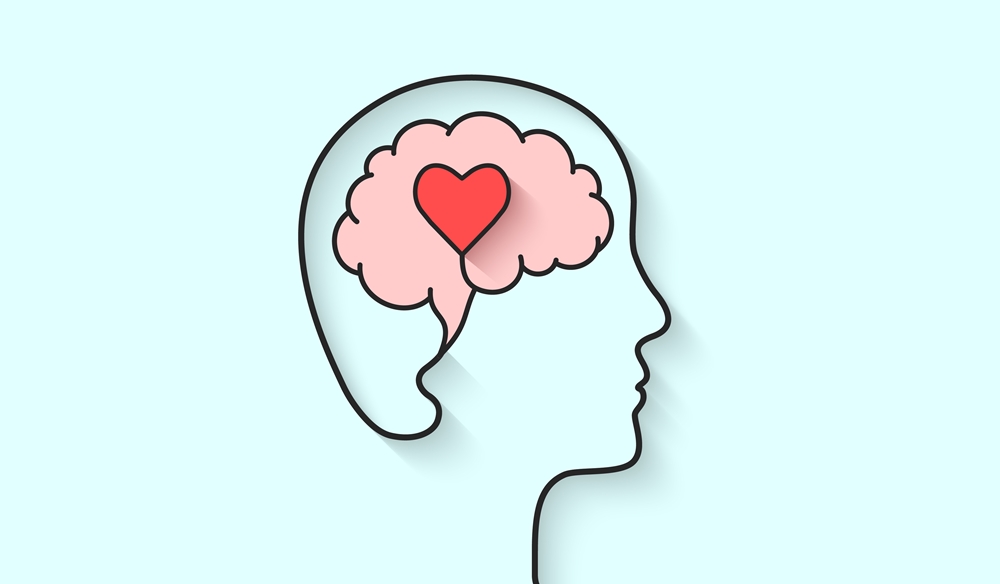There are many reasons why people migrate from one place to another but the common reason is to improve quality of life or to escape from poverty and or war. There are three components of migration which can be classified as the following:
- Premigration
- Migration and
- Post-migration
Each of these stages has its challenges, however, for the simplicity of this article, these components are not addressed individually. The challenges faced during and after resettlement depend on existing mental health problems before migration, adversity faced in life, and migration experiences. Our mental health is impacted by our lived experiences, ability to cope, how we seek help and our responses to help received.
Although there are many challenges faced by immigrants, below provide some of the risk factors impacting mental health;
- Communication difficulties due to language and cultural differences.
- Disruption/loss in familial and social support
- Readjusting to new roles in the workplace or even unemployment
- Loss of identity and social status
- Worries about the family who are left behind
- Exposure to violence
 Stress, depression, and anxiety can occur when there is uncertainty and losses experienced during the migration process, especially when hopes and expectations fail to materialize. Post-traumatic stress disorder can re-emerge when one reexperiences trauma and loss with having already been exposed to violence in the past. In contrast, when we can cope with our challenges and feel a sense of belonging our mental health improves.
Stress, depression, and anxiety can occur when there is uncertainty and losses experienced during the migration process, especially when hopes and expectations fail to materialize. Post-traumatic stress disorder can re-emerge when one reexperiences trauma and loss with having already been exposed to violence in the past. In contrast, when we can cope with our challenges and feel a sense of belonging our mental health improves.
Due to the stigma surrounding mental health and lack of awareness mental illness may not be easily recognized. However mental health problems are often experienced as physical complaints known as somatic complaints. These symptoms cannot be medically explained and manifest themselves as pain, fatigue, gastrointestinal and genitourinary problems. At times symptoms are minimized or the person believes they would not be understood or simply due to fear do not seek help.
So, what are some of the symptoms you can look for in your day-to-day life?
- Struggles concentrating or completing tasks

- Loss of interests (hobbies, work, and family time )
- Feeling easily overwhelmed
- Trouble sleeping
- Pain
- Dizziness
- Shortness of breath
- Easily irritated
- Stomach or bowel problems
- Nausea or indigestion
In the same way, our physical health is important and so is our mental health. When we are healthy mentally, we find enjoyment in our life, environment, and our connection with others. It is easier to bounce back from struggles, regain balance and find joy. Some diseases such as heart attack and high blood pressure can be prevented when stress is managed well. As mentioned above seeking professional mental health help improves mood, productivity, relationship with others, and regains a sense of well-being.
REFERENCES:
- https://www.ncbi.nlm.nih.gov/pmc/articles/PMC3168672/
- https://www.ncbi.nlm.nih.gov/pmc/articles/PMC4121889/
- https://toronto.cmha.ca/documents/benefits-of-good-mental-health/
- https://www.aafp.org/afp/2016/0101/p49.html
- https://www.camh.ca/en/camh-news-and-stories/discussing-mental-health-remains-as-importa nt-as-ever
- https://www.urmc.rochester.edu/mental-health-wellness/seek-help.aspx
- Images from Google- no infringement intended




